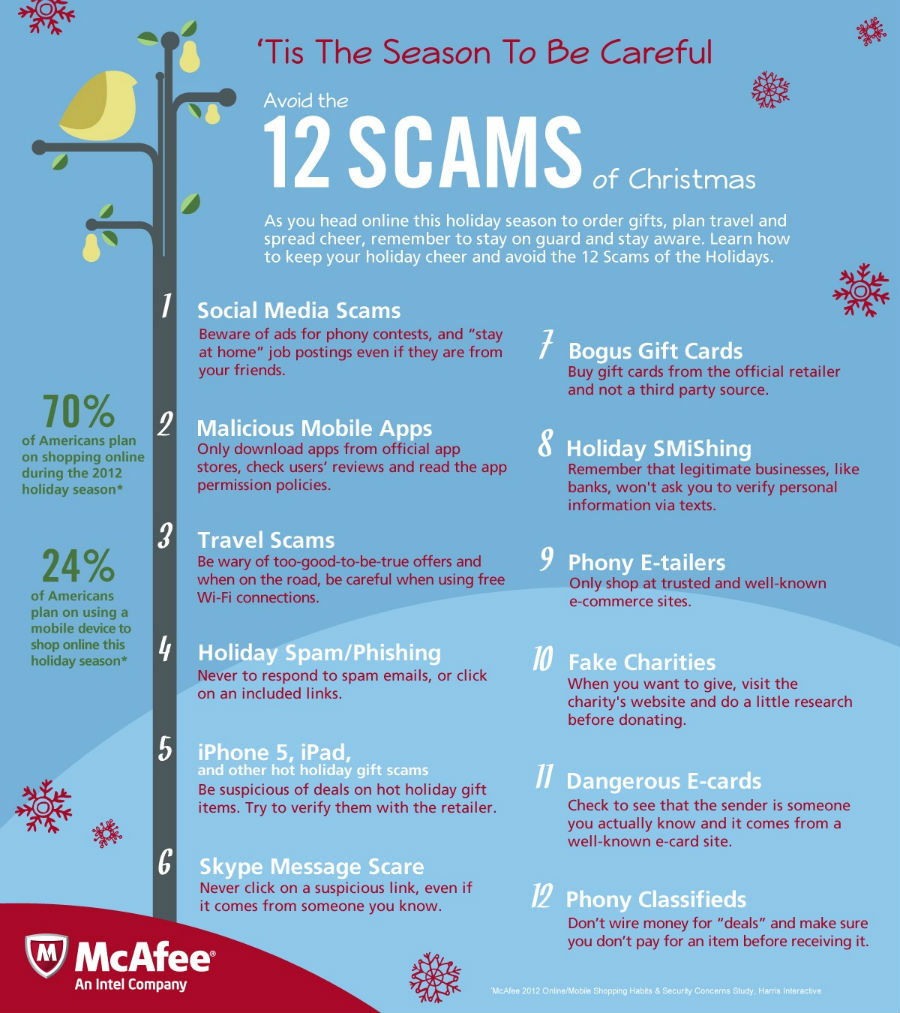Every year thousands of people all over the world lose millions of dollars due to investment scams. The internet and advances in digital communications increase the prevalence of these scams and also make them harder to track and identify.
Thankfully there are some warning signs that you can look out for, in order to avoid falling victim to scammers.
But first let’s clearly define an investment scam.
What is an investment scam?
Investment scams basically aim to get unsuspecting people to hand over their hard-earned money. On the surface, fraudsters/ scam artists can seem perfectly legitimate, appearing knowledgeable with websites, testimonials and marketing material.
The most famous kind of investment scam is a Ponzi scheme, where money is collected from new investors to pay previous investors. Eventually the money owed is greater than the money being collected and the scheme collapses, leaving investors out of pocket.
Today, investment scams have become much more complex. Some of these scams are so convincing, even professional investors have fallen victim to them.
The elderly are particularly vulnerable to investment scams because they can access cash lump sums from their pension.
All investment scams have one thing in common. They claim to be able to offer high levels of return for very little risk.
How to spot an investment scam
Be Aware
Some scammers have very ‘convincing’ websites and other online presence, which makes them ‘look like’ a legitimate company. Always check with the Trinidad and Tobago Securities and Exchange Commission (TTSEC) to make sure they’re registered.
Here are some warning signs that might help you identify a scam.
- Unsolicited approaches by phone call, text message, email or in person.
- When a firm does not allow you to call it back.
- Where you’re forced to make a quick decision, or are pressured into doing so.
- Contact details you are given, or on their website are only mobile phone numbers or a PO Box address.
- You are being offered a high return on your investment, but are told it is low risk.
- When they tell you “we are registered, don’t worry, everything is on par with all requirements”.
How to protect yourself from investment scams
- Reject any unsolicited calls, emails, text messages or visitors to your door. Legitimate investment companies will not cold call, or contact you out of the blue.
- Check the TTSEC’s register of regulated companies. http://ttsec.org.tt/registration/registered-companies-individuals-and-securities/?tab=registrants
- If you are thinking about an investment opportunity, seek independent financial/investment advice from a regulated institution.
If you think you’ve been targeted by an investment scam, please make a formal report to the TTSEC via its reporting complaint form.
Here are some additional online tips.

Adapted from: https://www.moneyadviceservice.org.uk/en/articles/how-to-spot-an-investment-scam

